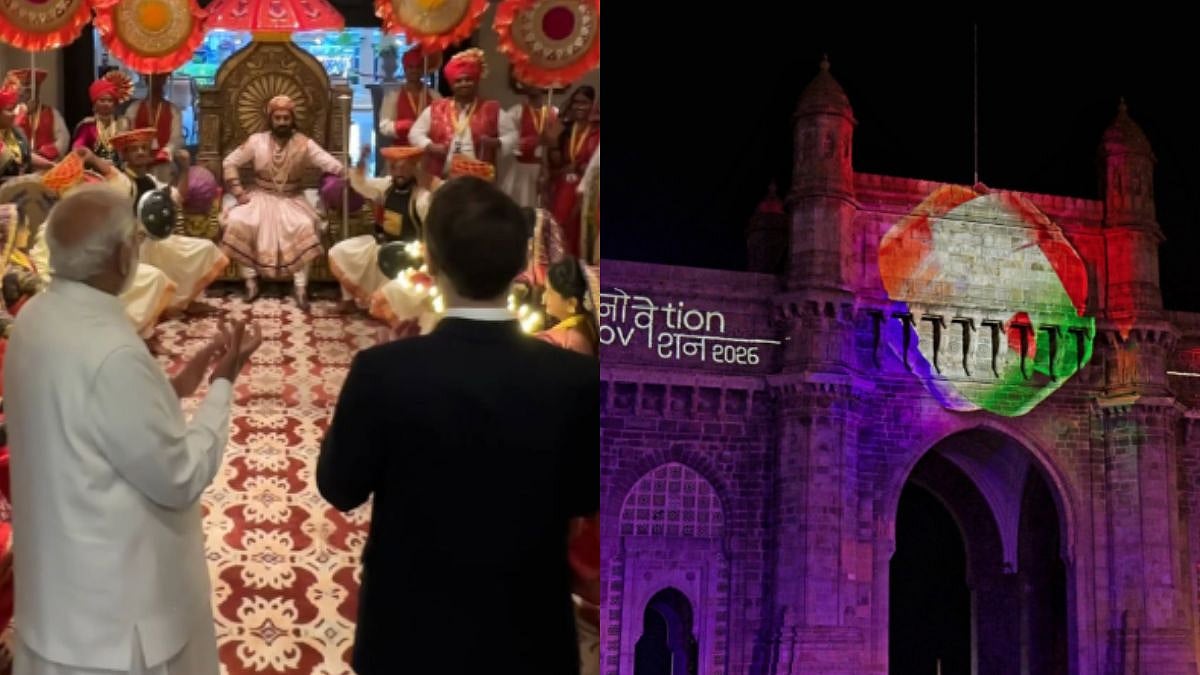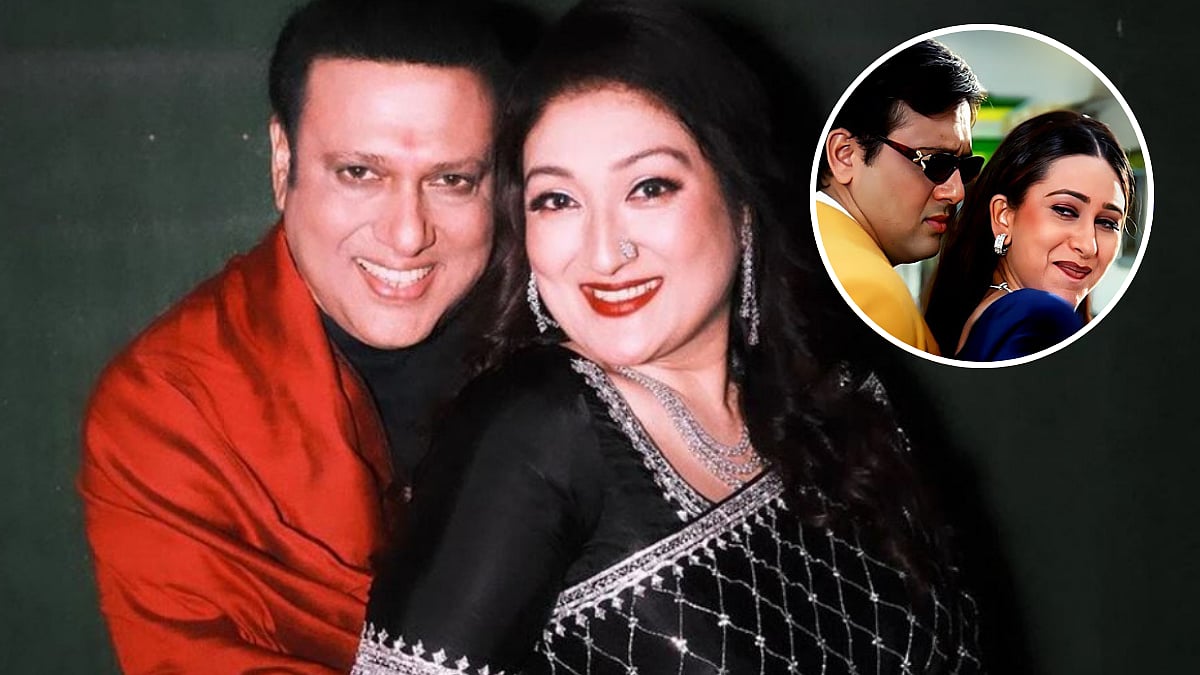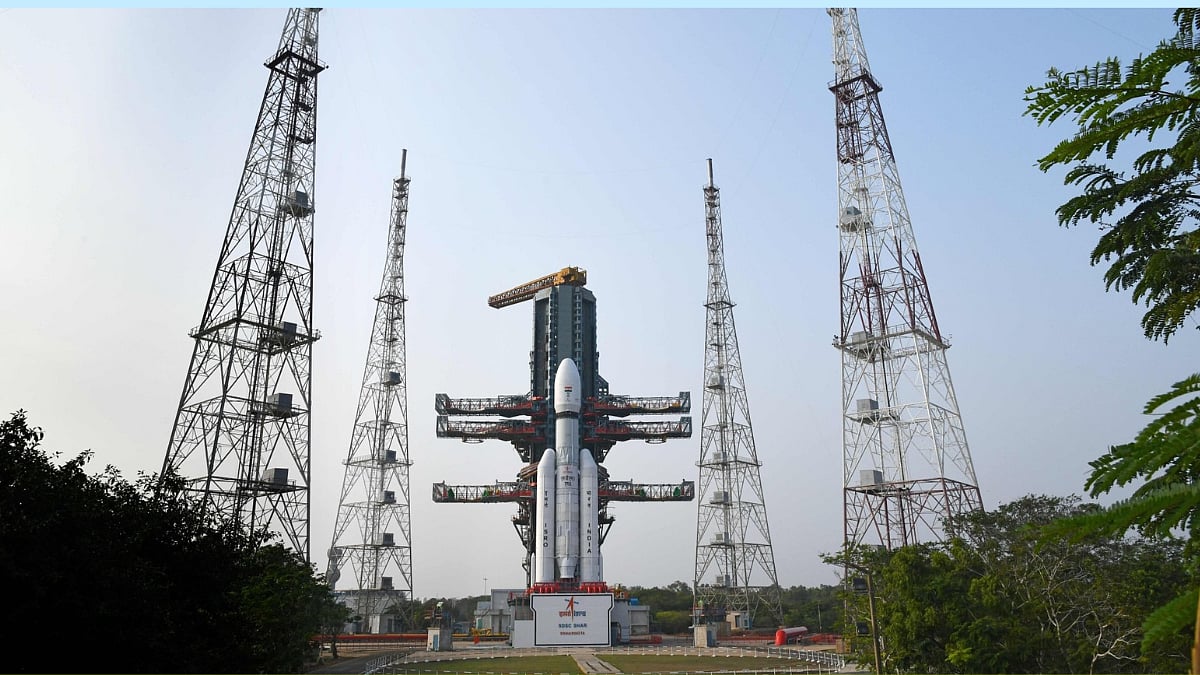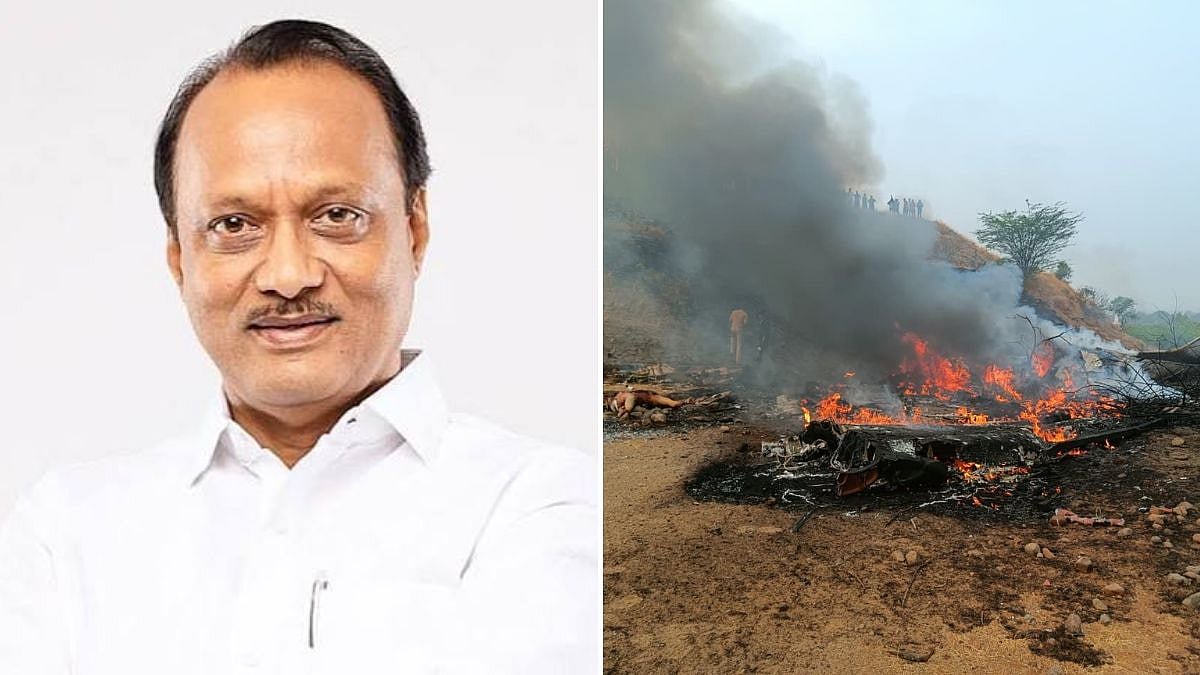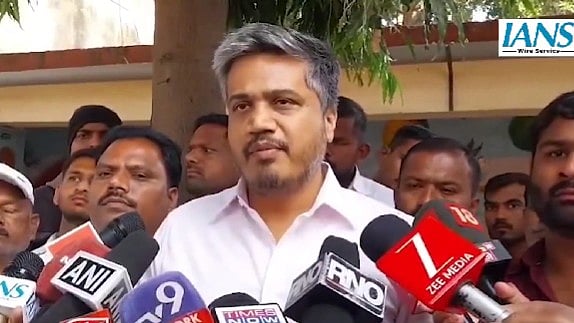Every year, Ganesh Chaturthi is celebrated with great fervour in various parts of the country. The festival marks the birth of Lord Ganesha, the son of Goddess Parvati and Lord Shiva and the god of wisdom, success and good luck. This year, amid the COVID-19 pandemic, festivities have been severely curtailed in various parts of the country.
India's links to the festival however dates back to hundreds of years, with references to Ganapati being found even in the Rigveda. While it is unclear when the first ever Ganapati festival was held, the festival has been celebrated actively in various parts of Maharashtra (especially in Pune) since the era of Marathi ruler Shivaji.
As the British took over large swathes of India however, the festival gradually lost its public nature as well as state patronage. For some time, it was only a private celebration, undertaken by some in Maharashtra. All this changed when Indian freedom fighter Lokmanya Tilak championed the festival as a way of bringing together the people of India and inculcating national pride. As the British banned public assemblies and cracked down on sedition, Tilak had batted to make the Ganapati festival a social event for the entire Hindu community.

While it is celebrated in other parts of India and beyond, the the Ganapati festival has over the years become a symbol of Maharashtra. While it is a 10 day festival, many choose to mark it for two or more days. Festivities however have been curtailed greatly amid the COVID-19 pandemic, as much of the communal facets of the festival remain suspended.


